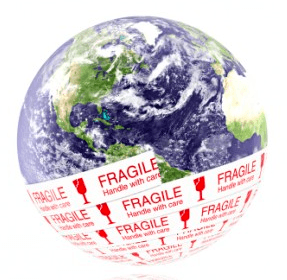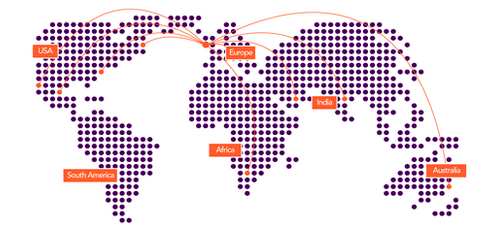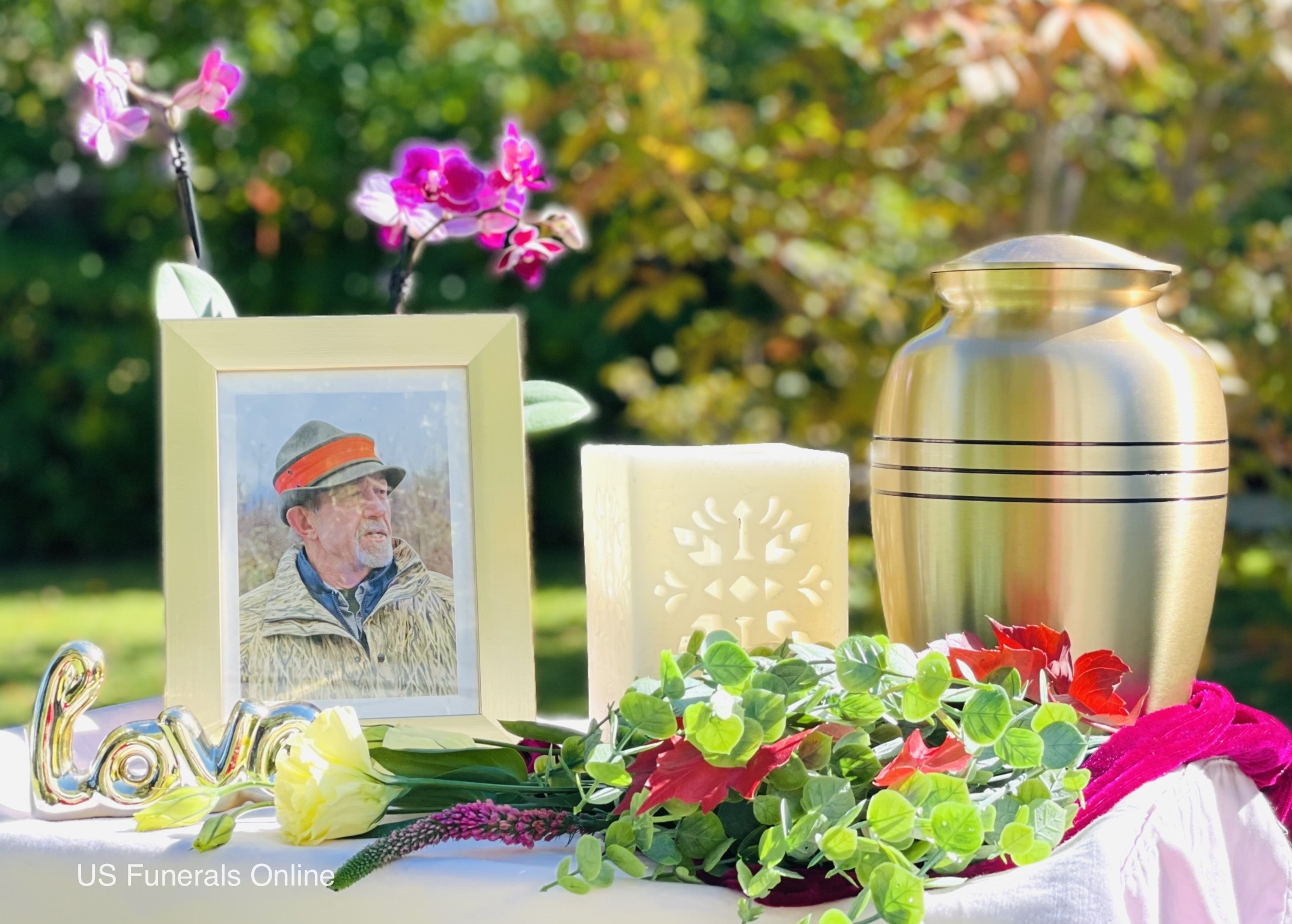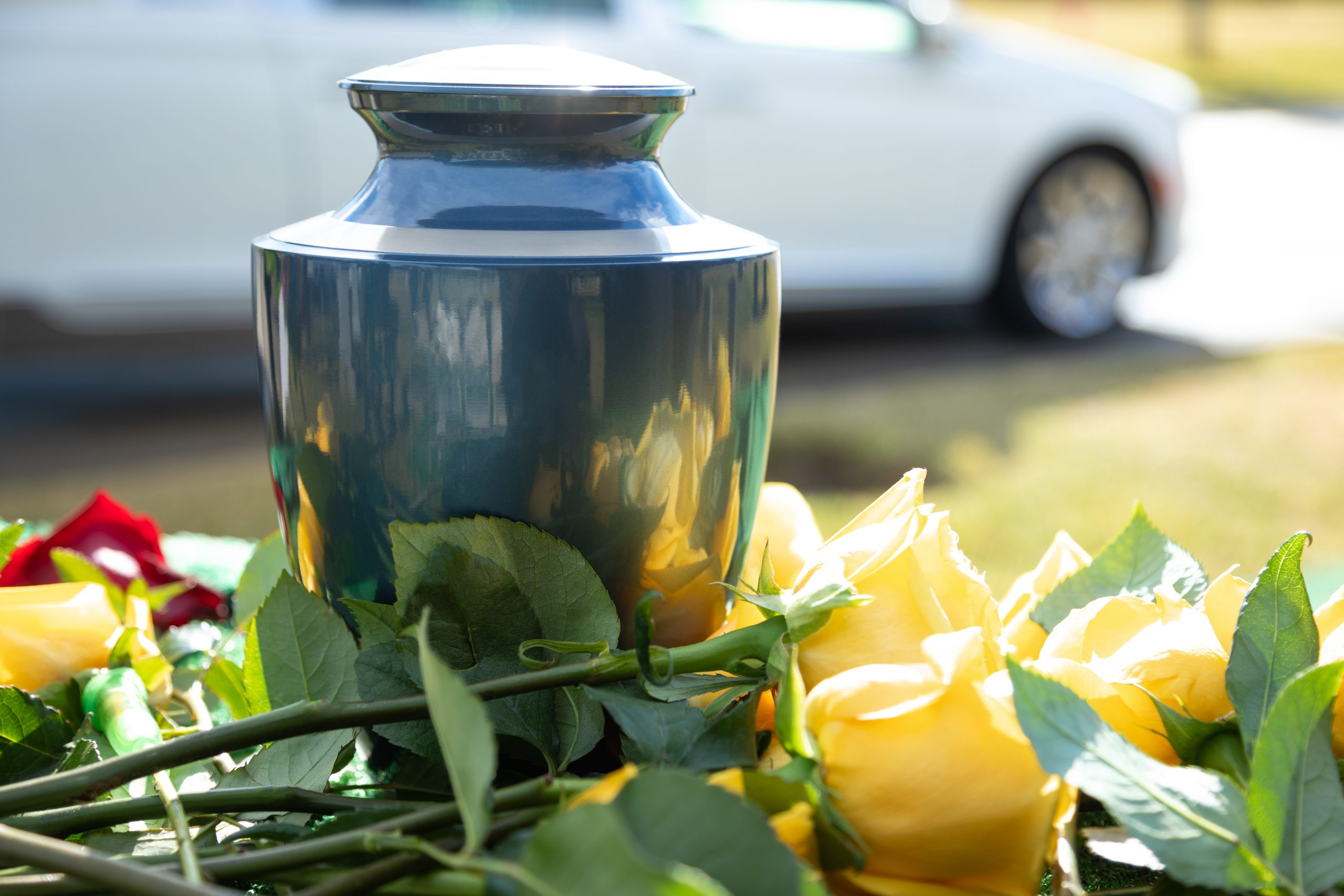
As cremation becomes more popular, there is a rising need for people to consider transporting cremated remains. This can be the case either when someone has died in a different state or country, a cremation has been performed at the place of death, but the ashes need to be returned to the family, or, in some cases, people are opting to distribute the cremated remains between surviving family members who may be located across the U.S.
Whatever the circumstances, when a family wishes to transport cremated remains, questions can often arise as to how best and inexpensively this can be done. We have outlined below the key information you need to know if you wish to ship cremated remains.
If you are shipping cremated remains through a service, you will need to ensure that the correct documentation accompanies the shipment. A copy of the death certificate and cremation certificate, along with other authorization forms, will be required.
Shipping Cremated Remains by U.S. Postal Service
USPS introduced label 139 to improve its service in identifying cremated remains in transit. Cremated remains can ONLY be shipped using Priority Mail Express and Registered Mail. This means that the receiver has to sign to acknowledge receipt of the shipment, which helps to give families peace of mind. USPS clearly states that a shipment of cremated ashes should be marked on the exterior of the packaging. Label 139 was introduced to ensure it was easier for families and postal workers to identify these valuable shipments that need sensitive handling.
The extract from the USPS Bulletin 52, governing the shipment of cremated remains, states:
452.2 Cremated Remains
Human ashes are permitted to be mailed, provided they are packaged as required in 463b. The identity of the contents should be marked on the address side. Mailpieces must be sent registered mail with return receipt service.
453 Packaging and Marking
The following conditions apply:
….b. Powders. Dry materials that could cause damage, discomfort, destruction, or soiling upon escape (i.e., leakage) must be packed in siftproof containers or other containers that are sealed in durable siftproof outer containers.”
Shipping Cremated Remains with a Courier Service.
Unfortunately, DHL, FedEx, and UPS do not transport cremated remains, so you cannot courier them to another destination in the U.S. or overseas.
Transporting Cremated Remains by Air
You also have the option to transport ashes by an airline carrier. Most airlines offer a freight or cargo service, so this is one option to consider. You do need to check with the specific airline as regulations that govern the shipping of human remains differ between airlines. Some airlines require 7 days’ notice; of course, you will require certain documentation. The shipment will need to be marked as “cremated remains.”
Many airlines do allow you to take cremated remains as carry-on luggage. Again, you must carefully check the guidance with the airline you are traveling with. The TSA guidelines specify that “passengers transport remains in temporary or permanent ‘security-friendly’ containers constructed of light-weight materials such as plastic or wood.
Temporary containers can also offer a security friendly means to travel by air with a crematory container.” If a cremated remains container cannot pass through an x-ray machine with the contents visible, it will not pass the TSA security check. The official TSA statement is:
“To maintain the highest level of security, TSA determined that documentation from a funeral home about the contents of a crematory container was no longer sufficient to allow the container through a security checkpoint and onto a plane. Since February of this year, all crematory containers must pass through an X-ray machine. If a container is made of a material that prevents screeners from clearly seeing what is inside, the container will not be allowed through the checkpoint. Out of respect for the deceased, screeners will not open a container, even if requested by the passenger.”
Shipping Cremated Remains Internationally

If you need to ship cremated remains internationally, you should just check with the embassy in the destination country. Some countries have specific guidelines about receiving cremated remains, and additional import documentation may need to be completed. Also, some countries have different rules about receiving cremated remains, and a funeral director may be required to take receipt of the ashes before handing them over to a family member.
You should ensure that sufficient time is allowed for legal processes and documentation. You probably need 2 weeks’ notice to arrange an international transportation of cremated remains. A list of U.S. embassies around the world is available here.
What do you need to do to ship cremated remains safely and securely?
The message is clear – if you intend to ship a cremation urn within the U.S., ensure you very carefully package the container. Put contact details inside the urn, and mark the outside of the package clearly stating ‘containing cremated human remains’. Use label 139 – made available from USPS. Ensure you ship the cremated remains using Priority Mail Express or Registered Mail, and DO ensure you make the postal clerk aware that this is what the package contains.
Hopefully, this information has answered any questions you had about how to transport your loved one’s ashes. If you have any further questions, feel free to contact us. We are here to help.
Ship cremated remains from the United States to anywhere in the UK, Europe, Mexico, Central America, South America, the Middle East, and the Indian subcontinent.



